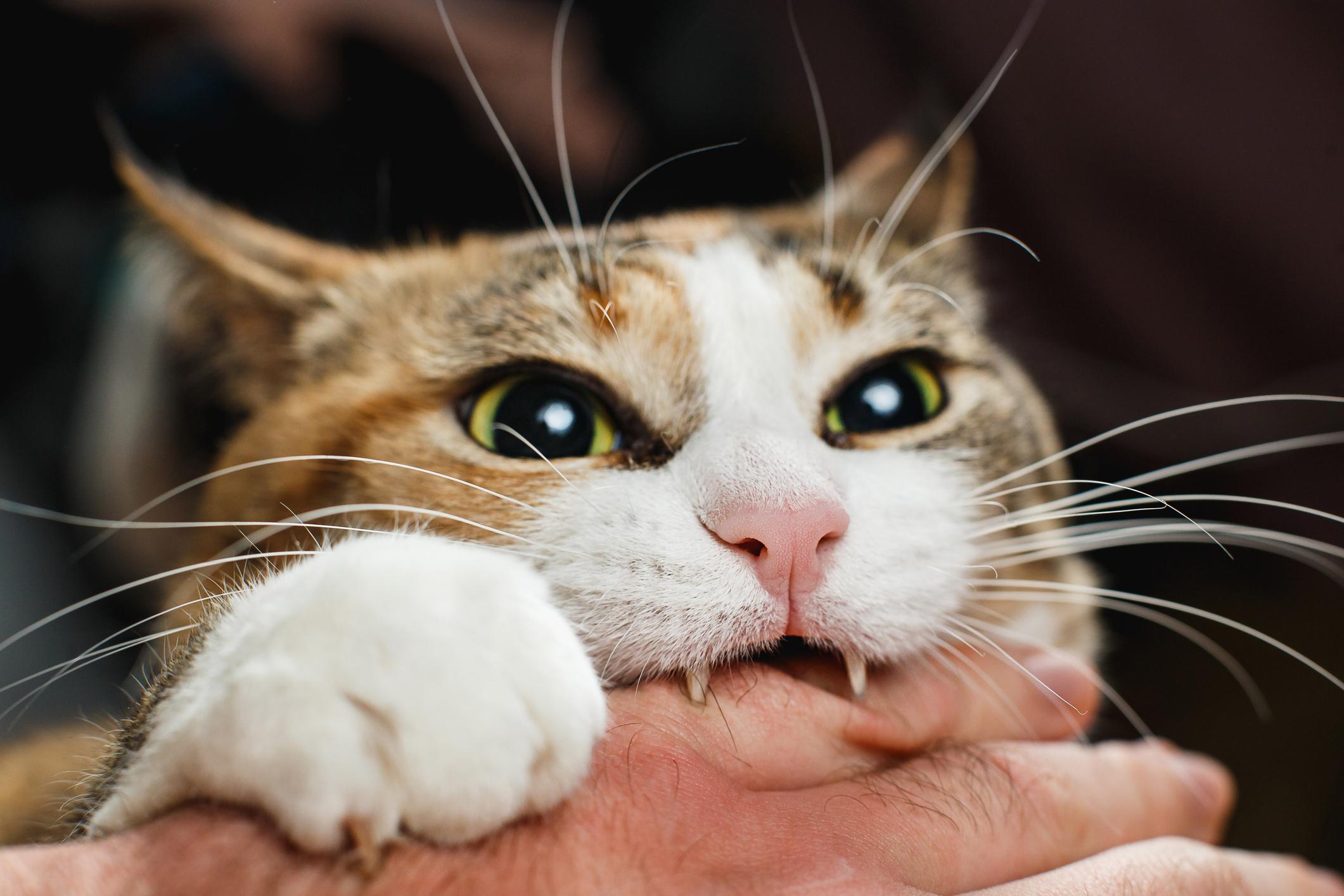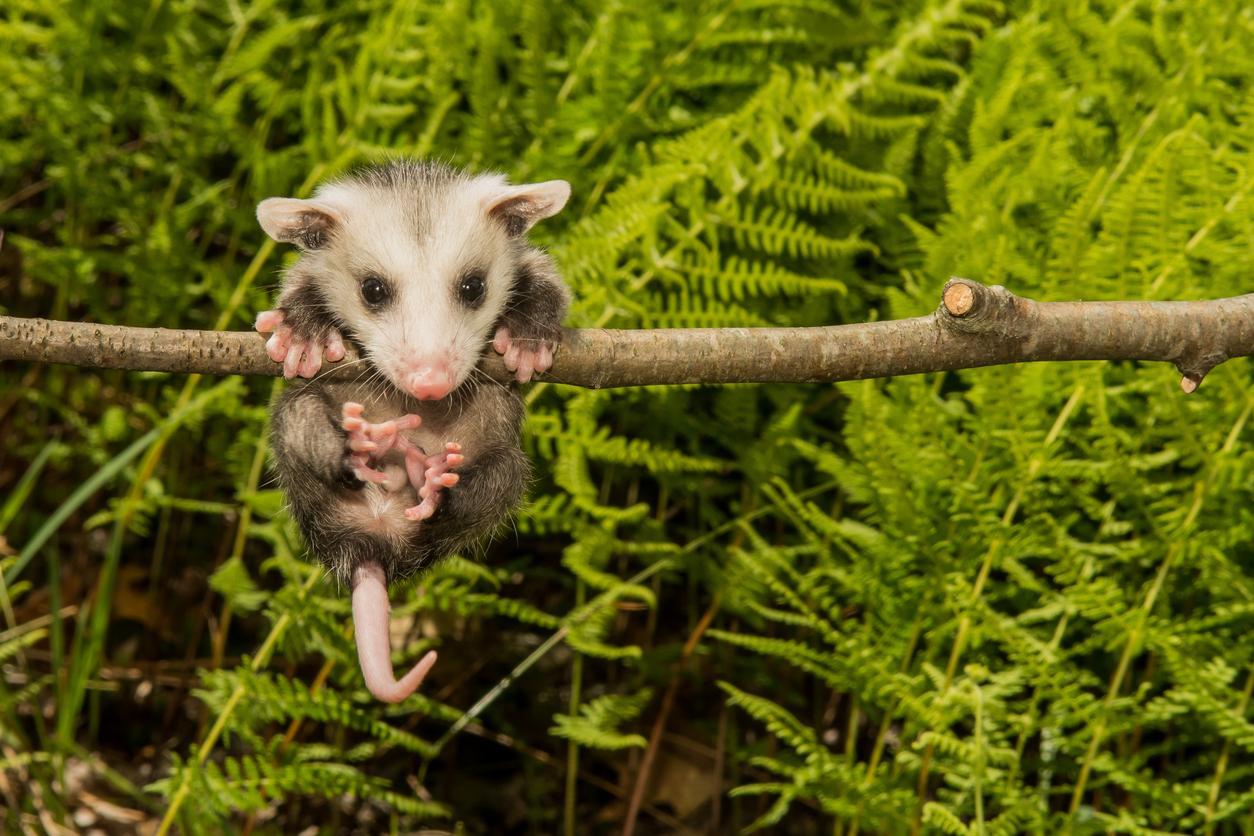A Briton has been infected with an unlisted bacteria after being bitten by a feral cat.

- In 2020, a 48-year-old man presented with a swollen hand after being bitten by a stray cat hours earlier.
- The next day, his condition deteriorated.
- The British doctors in charge of this case then discovered a new bacterium that had never been listed.
Petting stray dogs and cats on the street is generally discouraged. Indeed, these animals can be vectors of diseases that can be transmitted to humans in the event of a bite or scratch.
Cat bite: an infection caused by an unlisted bacterium
In 2020, a 48-year-old Brit presented himself to the emergency room in Cambridge (UK) after a feral cat bit him eight hours earlier. His hand had started to swell and he had multiple cuts and bite marks around his wrist. “Cats can be carriers of zoonotic infections (…) their long, sharp teeth predispose to deep bites and direct inoculation with feline saliva presents a high risk of secondary infection”, told Dr. Nick Jones practicing at Cambridge University Hospital at Media The Sun.
During his visit to the emergency room, the patient was vaccinated against tetanus. His wounds were also cleaned and dressed before he was sent home. However, the man presented himself to the emergency room again the next day. His forearms were red and swollen, and his fingers were also swollen as well.
The medical team then performed an operation to remove the damaged tissue around his wounds and administered three types of antibiotics. Thanks to this treatment, the Briton’s condition gradually improved.
Cats can be vectors of unknown bacterial species
Despite the patient’s recovery, doctors at Cambridge Hospital continued their research to determine the cause that had caused these strange symptoms. The results of their work were published in the August issue of the journal Emerging Infectious Diseases.
During sequencing, the scientists discovered that the infection was caused by a bacterium from the globicatella family. This micro-organism is close to streptococcus, which is responsible for infections such as meningitis, bacterial pneumonia and conjunctivitis. However, analysis of the infection indicated that this bacterium did not correspond to any listed strain.
Some types of globicatella can be resistant to several forms of antibiotics, but this new strain appears to react to some of the antibiotics given to humans.
As part of their study, the doctors noted that this case is a warning about the dangers of cat bites. “This report highlights the role of cats as reservoirs of yet undiscovered bacterial species with pathogenic potential for humans”pointed out Dr. Nick Jones.

















